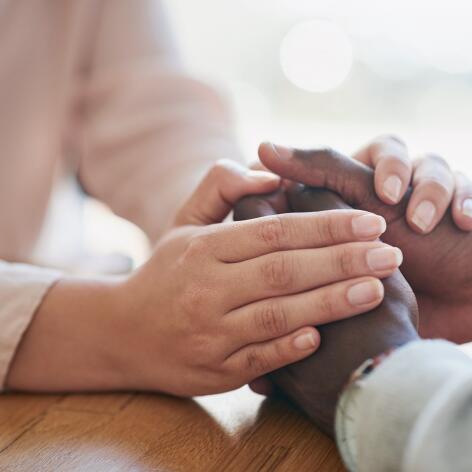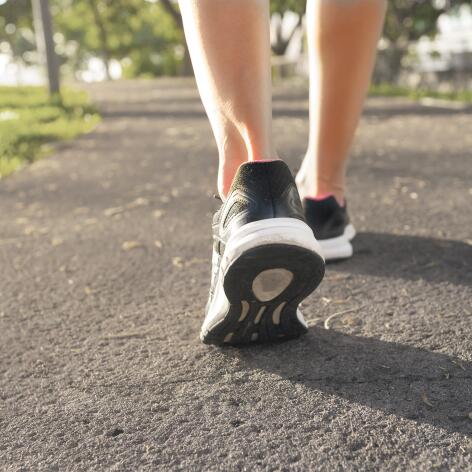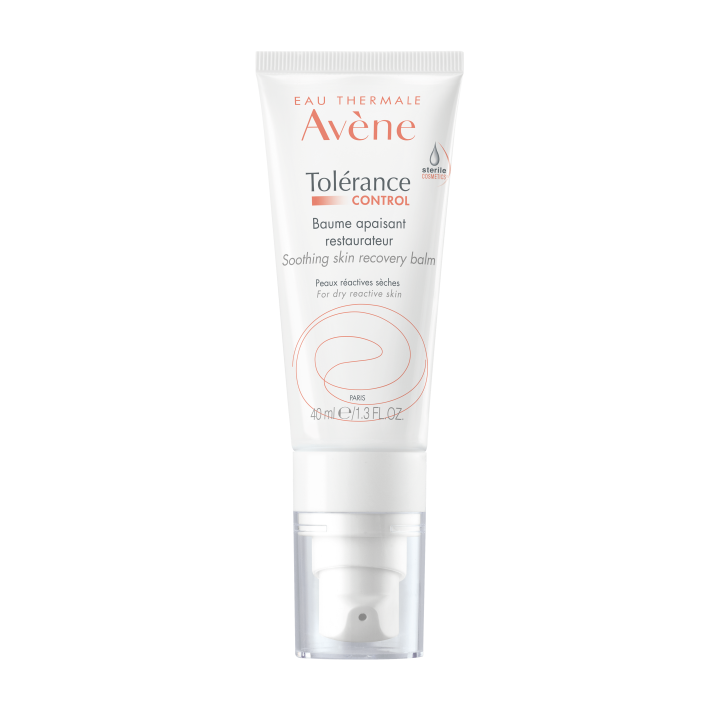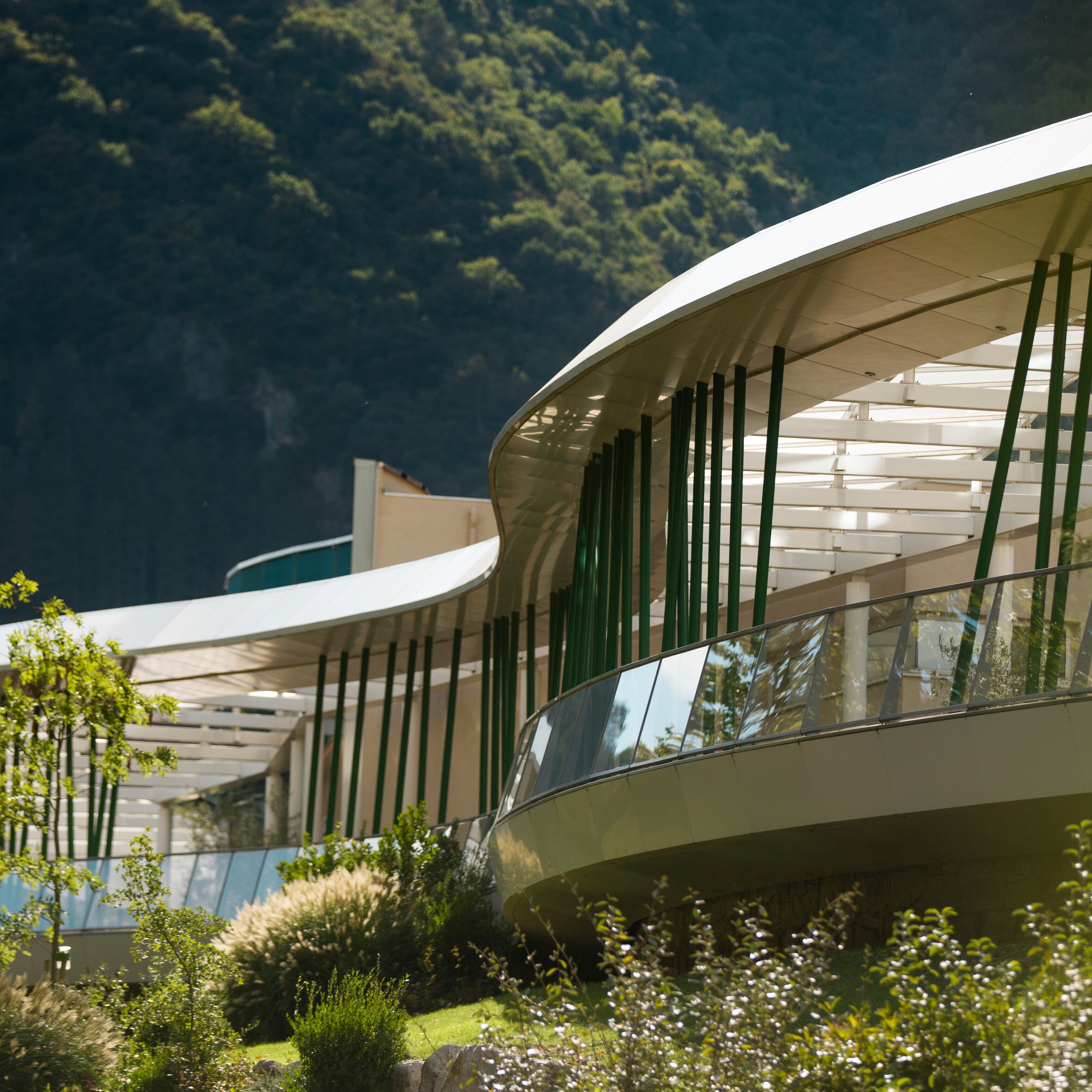Life after cancer treatments
The relief of the end of cancer treatment can, paradoxically, be accompanied by a period of doubts: fear of recurrence, of returning to work and sometimes simply of returning to a normal life that has until now been punctuated by treatments. We’re here to give you some key ways to help rebuild yourself personally and socially.
After cancer: why the doubts?
This is one of the drawbacks of cancer treatment. Even when the treatment is finished, the effects on your body or mind can persist. Fatigue, pain, attention or memory problems, skin sensitivity... All these symptoms can affect your morale and prevent or slow you down from moving forward. Maintaining good lifestyle practices can help you restore confidence and reduce both these side effects and the risk of recurrence.


After cancer: medical follow-up
At the end of the treatments, and when you are in remission, there is a period of very regular follow-up, check-ups (and sometimes even new treatments in the case of hormone therapy). Your oncologist (in consultation with the other specialists involved in the care programme) will determine the frequency of visits. This monitoring is used to detect a possible relapse as well as to discuss the occurrence of treatment complications and how to manage them. During the first two years, the risk of recurrence is higher, so check-ups will be more frequent. The follow-up will then be spaced out until, after five years, it will be an annual appointment.
After cancer, go at your own pace
Often, when treatment has finished, we want to do everything right away (have a party, go away for a weekend, etc.) but our bodies do not necessarily keep up. Fatigue is natural and should not worry you. It is important to give yourself time to adjust to this new situation. Go at your own pace. Remember that every person is unique and no one can predict exactly how long it will take to get your energy back.
It is reassuring after this long journey to be monitored closely, alternating every six months between my oncologist and my radiotherapist.

Maintain a healthy lifestyle
Physical activity, diet... By taking care of yourself, you help your body and mind to return to a normal life. You should, therefore, engage in regular physical activity (e.g. 30 minutes of walking per day), eat a balanced diet rich in fruit and vegetables and also limit alcohol and tobacco consumption. Therapeutic education programmes can help you to adopt or maintain these rules of daily life.
FRIENDLY (AND EXPERT) ADVICE
A hydrotherapy treatment can be beneficial for physical and psychological reconstruction. The Avène Hydrotherapy Center treatment programme significantly reduces the side effects of cancer treatment on the skin. It is also the perfect excuse for a relaxing break where you will benefit from dermo-cosmetic, dietetic and psychological advice...
The post-cancer hydrotherapy treatment: a special time to reconnect with yourself peacefully
We answer your questions
We’re here to help you sort fact from fiction
This is not recommended. Cancer treatments (chemotherapy, radiotherapy and targeted therapy) make your skin more sensitive to the effects of the sun. Therefore, avoid sun exposure for up to one year after finishing treatment as some of the adverse effects on the skin may persist.
Learning to live again, rebuilding yourself, is not always easy. You may need to be accompanied, if only for reassurance. Your family and friends will be a great help. But some people may prefer to find comfort in patient associations where they can share their experience and support others who are going through the same ordeal. Others may seek to distance themselves from the disease by participating in workshops and artistic activities, for example.
Health care staff can help you to manage your new needs beyond the management of the disease. Psychological support will help you to cope with these changes, which can affect your self-esteem, and to move forward and build your future. A social worker will be able to help you with certain procedures, such as returning to work. Just like a nutritionist who will help you adapt your diet to your situation...
Our solutions for your skin after cancer treatment
Our products are designed to help you feel more comfortable in your skinWith its creamy, ultra-nourishing and comforting texture, the balm immediately calms and durably controls the skin's hyper-reactivity.

MORE
- The post-cancer hydrotherapy treatment: a special time to reconnect with yourself peacefullyThe post-cancer hydrotherapy treatment: a special time to reconnect with yourself peacefully
NEWSLETTER
We’re always here for your skin!
All our tips for taking care of your skin day to day.

Which skin care routine should you adopt?
Identify what it really needs with the help of our experts and discover the most suitable skin care routine for you.


